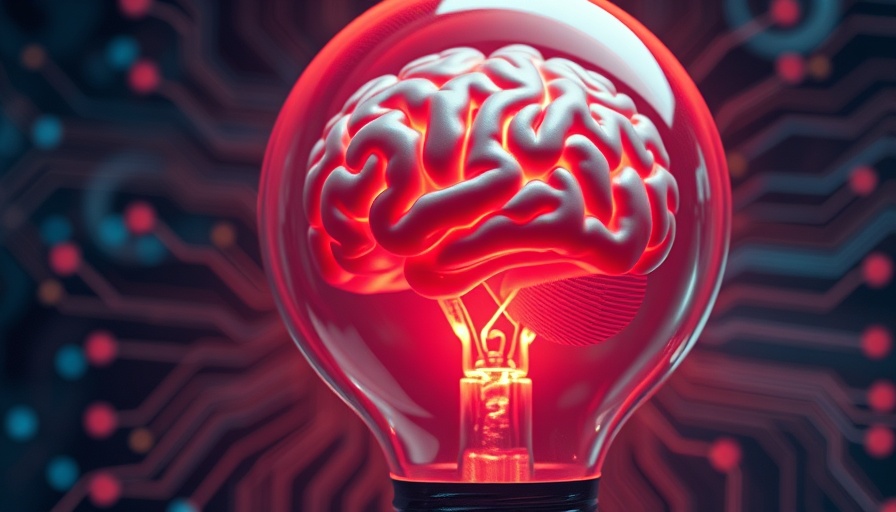
AI's Impact on Human Skills in the Workforce
As AI becomes more integral to our lives, there's an increasing focus on the human skills that set us apart from machines. In researching the topic, it's found that as automation rises, so does the significance of skills such as empathy, creativity, and critical thinking. These uniquely human attributes are not just surviving; they are becoming foundational in the workforce of tomorrow. According to a recent Workday global survey, 83% of employees anticipate the need for these capabilities will swell in the coming years.
Understanding Core Human Skills
The World Economic Forum emphasizes that as we dive deeper into an AI-dominant world, distinct abilities will emerge as key differentiators in the job market. These include:
- Ethical Judgment and Moral Reasoning: With AI enhancing educational tools and workplace productivity, ethical dilemmas are bound to arise. Humans must oversee these situations since machines cannot make nuanced moral decisions.
- Emotional Intelligence: This skill is pivotal when dealing with complex human emotions or conflicts, making it essential in various roles such as healthcare and customer service.
- Creativity and Innovation: Although AI can produce content based on existing data, it lacks the ability to generate truly original ideas—a domain where human creativity thrives.
- Critical Thinking: In a landscape filled with information, the ability to discern, analyze, and synthesize remains a critical safeguard against misinformation.
- Adaptive Learning: The agility to learn, unlearn, and relearn in response to changing job markets is invaluable, especially as many jobs evolve or become obsolete.
How Education Can Foster These Skills
For schools to align with the needs of the future job market, they must embed these human-centric skills into core curricula rather than treating them as secondary subjects. Practical applications, such as ethical debates in civics classes and role-playing in emotional intelligence training, can deepen understanding and enhance retention of these crucial skills.
The Future of Work: Predictions and Opportunity Trends
Experts foresee that individuals excel in jobs requiring a harmonious blend of technical prowess and human skills. As AI takes over simpler tasks, roles that prioritize empathy and creativity will emerge, thus defining the new landscape of employment.
As we ponder our future with AI, it’s essential to recognize that our fundamental human qualities will play an even more significant role than they do today. By preparing ourselves and educating the next generation, we can ensure that AI serves as a tool for enhancing human potential rather than a replacement for it.
Actionable Insights to Embrace AI's Role
Encourage participation in continuous learning and open dialogues about ethical discussions and emotional experiences. Schools, businesses, and policymakers must collaborate to create programs that foster these skills early and throughout career development.
In closing, as AI technologies pave their way deeper into our work and everyday activities, the human touch remains irreplaceable. The skills we teach today will determine how successfully individuals navigate the future landscape shaped by artificial intelligence.
 Add Row
Add Row  Add
Add 




Write A Comment